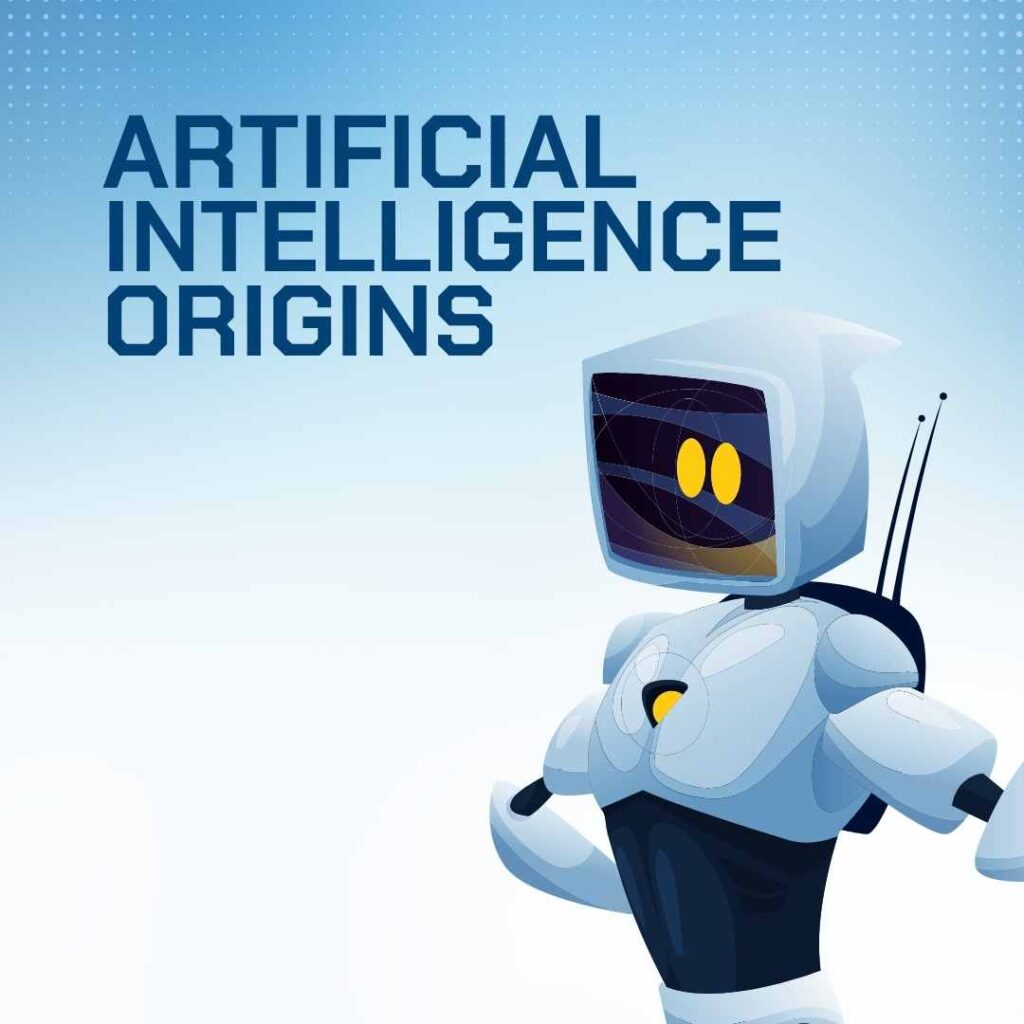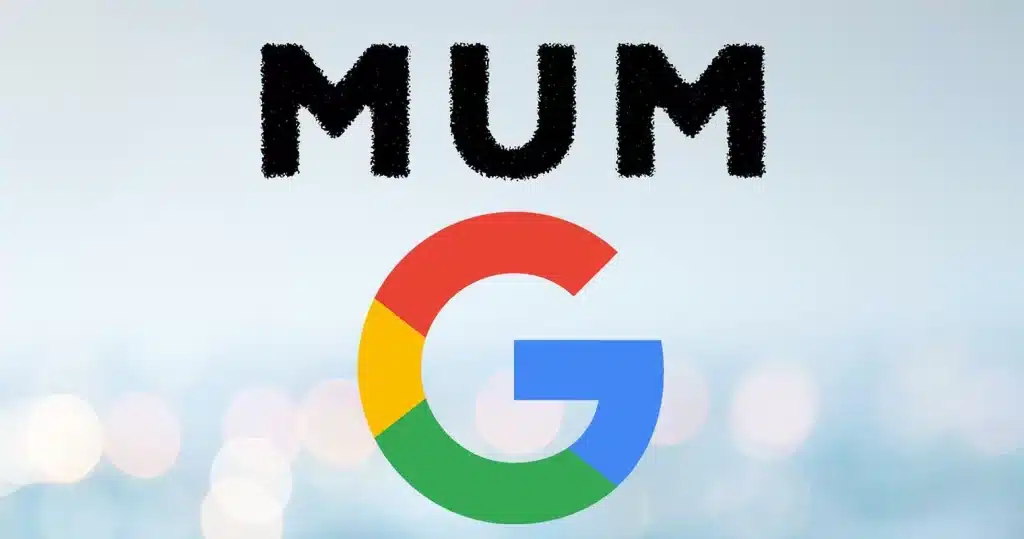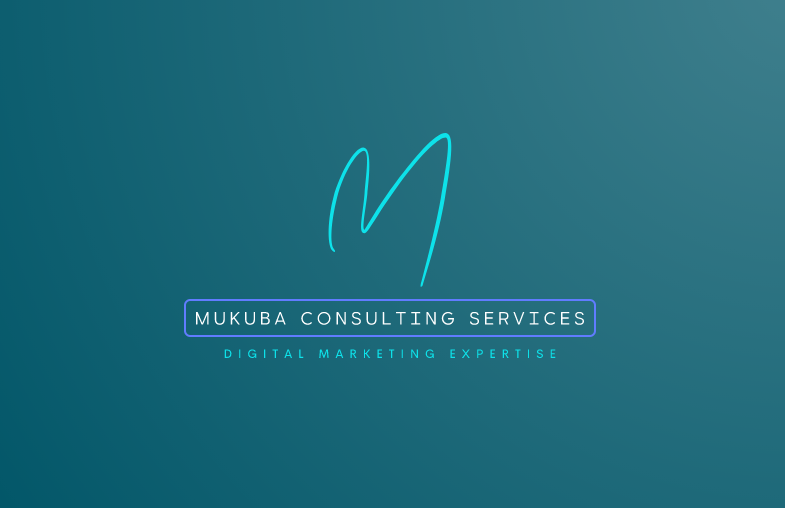Is there going to be another industrial revolution? A tsunami that will alter the fate of the workplace (and not just in the digital sector)? The premises are all present, but only time will provide us with all of the answers we seek.
It would be a grave mistake for those involved in digital marketing to underestimate the impact that AI will have on all of us. For an accurate analysis, we want to concentrate on the long-standing relationship between SEO and artificial intelligence.
Yes, because Google has continued to perfect its algorithms, relying on advanced systems capable of learning and perfecting their answers in order to pursue the search engine’s ultimate goal: to offer users who search the best possible experience, which translates into highly relevant, accurate, personalized, and easy to consult answers.
We don’t have powerful algorithms at our disposal, but we have the experience, perseverance, and, most importantly, passion to investigate what our target audience’s search intents are. Mukuba Consultancy Service is the best agency for helping you attack the future with a well-structured and successful marketing hunting strategy.
As a result, we’ll try to explain how artificial intelligence is changing search engines today.
Let’s start with… the future.

To understand the connections between SEO and artificial intelligence, and how we can use them to boost the visibility of our websites, let’s first consider how little we know about the future.
The spotlight has been on artificial intelligence since the release of the now-famous ChatGPT. Needless to say, nothing we had seen in previous years even came close to the potential of this tool.
Microsoft is well aware of this, having invested heavily in allowing its development, making it available to customers, and integrating it into the Bing search system as well as, most likely, the Office package apps.
In all of this, Google appeared to be on the lookout. We don’t know if the look it gave its competitors was one of ill-concealed alarm, or if it was watching the show from above, with a sly and amused air (time will tell).
In fact, the Californian behemoth has also announced the impending launch of its own artificial intelligence, dubbed Sparrow. An announcement that piques the interest of all professionals, not just those in the field, due to the characteristics that will set it apart.
Whatever happens, the message is clear. There is no turning back now that the bomb has been detonated. And, rather than being concerned, it is unquestionably preferable to understand how to embrace change and seize the potential and opportunities that will allow us to benefit from it.
The origins and development of artificial intelligence for SEO

But how did we arrive here? Let’s go over some important dates. Google was founded in 1998 by Larry Page and Sergey Brin, and the algorithm that crawled the internet to index results and display them in the SERPs was, of course, quite simple at the time.
It primarily relied on database analysis to find sites that contained the keyword entered by the user in the search field. It didn’t take search intent into account, and it couldn’t recognize misspellings or synonyms.
As new algorithm updates were released, the situation quickly changed. Among the most important are:
- Florida (2003): Just before the Christmas holidays, and thus the busiest shopping season, Google released Florida, which is regarded as one of the most significant SERP updates. Aside from the panic among insiders, this update introduced penalties for bad SEO practices such as keyword stuffing.
- Panda (2011): This update aimed to penalize low-quality content while rewarding high-quality content. Websites with thin or low-quality content, as well as webspam, are filtered out and ranked lower.
- Penguin (2012): Google cracked down even harder on lousy SEO practices like buying low-quality links.
- Hummingbird (2013): unquestionably one of the most significant changes to the Google algorithm, introducing the ability to understand the meaning of search queries and provide more relevant results.
- RankBrain (2015): We begin to seriously discuss artificial intelligence and SEO. RankBrain included a machine learning system that assisted Google in better interpreting users’ search terms and delivering more relevant results and unique content.
- Bert (2019): a new neural network-based algorithm that uses AI to better understand the context of user queries, with a focus on keyword search intent.
This brief and incomplete history of Google updates explains how AI is becoming increasingly important in SEO and how Google is using it to improve the user experience and provide more relevant search results.
Needless to say, if we do not want to risk losing the placements we have obtained (or not obtaining them at all), we must incorporate them into our search engine optimization strategies.
AI applied to research: where are we?

The use of machine learning algorithms and other advanced technologies to improve the user experience and the quality of search results is referred to as “artificial intelligence” in search engines. In essence, artificial intelligence (AI) is intended to make search engines smarter and better able to understand what the user is looking for.
Machine learning algorithms are used in search engines to implement AI. These algorithms can analyze and learn from large amounts of data, allowing them to continuously improve search results.
But where are we with AI and search engine integration?
We know that Bing has already integrated ChatGPT, and it is now possible to take advantage of this feature. Google, for one, is planning to do the same with its artificial intelligence, which can answer user questions.
Objectives, limits, and challenges

However, we are just getting started. There are numerous goals, constraints, and challenges that search engines must overcome in order for the introduction to be functional.
ChatGPT, for example, has knowledge that we could define as limited at the moment: it only responds with information updated to 2021. a limitation that, however, is overcome when AI is used on Bing.
However, the Bing – ChatGPT integration introduces a new challenge that could cause a slew of issues. The search engine chatbot currently responds in a conversational manner rather than simply returning a list of websites to consult.
The bot responds with an elaborate statement: It is not always clear whether the results produced by this technology are free of errors, prejudices, or misinformation.
The need for new rules and regulations

While the AI behemoths try to respond to the limitations and challenges of their products, the European Commission is working to bring order to the functional integration of artificial intelligence and search engines.
Indeed, the Commission will be required to issue new rules in order to prevent potential damage and problems.
First and foremost, the issue of the copyright of the texts used by artificial intelligences to obtain results must be addressed.
Who will then be held accountable for any allegations of plagiarism or misinformation? These questions, hopefully, will be answered in the coming months.
What changes with the arrival of artificial intelligence within search engines?

In any case, the incorporation of artificial intelligence into search engines is transforming many aspects of SEO and online research. Here are some of the most significant changes:
Semantic search
AI enables more advanced semantic search, in which the search engine understands the meaning of a search query and returns more relevant results. For example, if a user searches for “house for sale in Turkey,” the AI understands that the user is looking for an apartment in Turkey rather than general information about the country.
A better understanding of images and videos
AI enables search engines to better understand images and videos, resulting in more relevant results.
Personalization of search results
This is most likely one of the most intriguing and innovative features. AI enables search engines to provide personalized results based on user data such as geographic location, interests, and past search habits.
This means that two users searching for the same thing may receive different search results based on their individual preferences. A modification that will almost certainly have a significant impact on marketing and sales.
User experience improvement
AI can enhance the search engine user experience by, for example, providing quick answers to frequently asked questions, automatically correcting typos, and developing voice searches and chatbot-based interactions.
New types of search results
AI can also lead to the development of new types of search results, such as direct answers to questions or conversation-based results. For example, if a user asks, “What is the weather in Cairo today?” the AI can respond with a direct answer rather than a list of related websites.
Artificial Intelligence: the end of SEO and search engines?

The future of SEO is one of the most frequently asked questions. The question is whether the introduction of AI will spell the end of search engine optimization.
In reality, even though AI is changing many aspects of SEO, traditional elements such as content optimization, backlinks, and keywords will remain.
However, new elements to consider are likely, such as optimizing for voice search and creating content that AI can easily understand.
On the other hand, new technologies will make online research easier and more intuitive: search engines will be able to better understand what users are looking for and provide more relevant results.
Furthermore, there is no doubt that the introduction of artificial intelligence into search engines is altering how users search for information online. AI has the potential to significantly improve search result quality and user experience, but it also necessitates a shift in SEO strategy.
Google MUM and Google Helpful Content Update

Wait and see, the best is yet to come. MUM (Multitask Unified Model), a new update from Google, was released in 2021. It is a significant advancement in the use of artificial intelligence to optimize search engine results. This advancement aims to provide users with even more accurate and personalized results, enhancing the search experience and increasing the visibility of websites that meet their needs.
Google MUM is based on an artificial intelligence algorithm that analyzes website content and user interactions to determine meaning and relevance. This allows for a more precise classification of the results, thanks to a multimodal approach that can extrapolate information from multiple sources other than texts, such as images.
Finally, “ Helpful Content Update” The Google algorithm update has been in effect since August of last year. The Californian behemoth intends to show only useful results in SERPs, demoting sites that do not fully respond to people’s questions.
The trend continues, and the relationship between AI and SEO is becoming more and more intimate. This should not be cause for concern, but rather an incentive to look forward to the new opportunities that the future may bring.
Conclusion
Artificial intelligence is already having a significant impact on businesses and the world as we know it. It has the potential to change everything, from the way we work to the way we live. However, with great power comes great responsibility, and it’s critical to understand the risks associated with using AI algorithms. However, so far, the advantages of AI appear to outweigh the risks.




[…] customers using Google and other search engines to find local architecture practices, having a strategic SEO approach in place can greatly help get your firm’s website found and viewed by potential clients […]